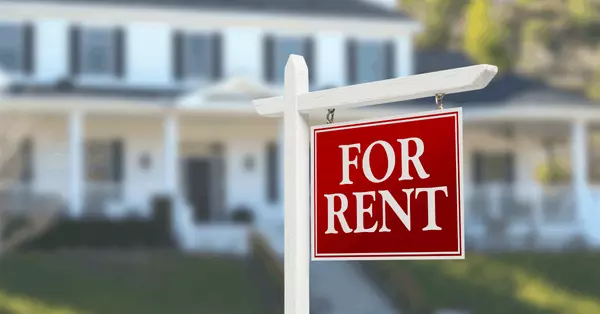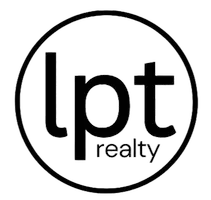What Is Escrow?

When buying a home, you’ll likely hear your lender or real estate agent mention the term "escrow." Escrow refers to a few different processes, from when your offer is accepted to the day you close on the home, and even after you become a homeowner with a mortgage.
There are two types of escrow accounts:
- One that’s used during the home buying process until you close on the home.
- Another, often called an impound account, that is used by your mortgage company to manage property tax and insurance payments on your behalf after closing.
What Is an Escrow Account?
An escrow account is a neutral third-party arrangement where funds are held until specific conditions are met. A title company or escrow agent will open this account after you and the seller agree on a price and sign the purchase agreement. During the home buying process, the escrow account serves two purposes:
- Holding earnest money: This is a deposit showing your good faith in purchasing the home.
- Managing funds: It handles the distribution of funds for closing costs, property taxes, and insurance premiums.
How Does Escrow Work?
Throughout the process, the escrow agent manages the transfer of the property, money, and documents, ensuring that both the buyer and the seller meet their obligations. This system safeguards both parties, ensuring neither is favored over the other.
What Does "In Escrow" Mean?
When you hear that a home is "in escrow," it means the necessary documents, money, and conditions are being held by a neutral party (the escrow agent) until all conditions of the purchase agreement are met, such as receiving an appraisal and securing financing.
What Does It Mean to Close Escrow?
Closing escrow means that all terms of the escrow agreement have been fulfilled, including securing financing and the legal transfer of the property title from seller to buyer. At this point, a closing agent will disburse the funds, ensure all documents are signed, and the title is officially transferred to the buyer.
What Is an Escrow Payment?
An escrow (or impound) account is also used after you buy a home to manage property tax and insurance payments. Your lender will collect a portion of your property taxes and insurance premiums as part of your monthly mortgage payment. The lender holds these funds in the escrow account and pays these bills on your behalf when they're due.
How Monthly Escrow Payments Work
Your monthly mortgage payment will include a portion for escrow, which covers your property taxes and insurance. If there’s ever a shortfall in the account, your monthly payments might increase to cover the difference.
Initial Escrow Payment at Closing
At closing, your lender will usually require a few months’ worth of taxes and insurance premiums to be pre-funded in the escrow account. These funds are not extra closing costs but prepayments to ensure there’s enough money to cover upcoming bills.
Your Escrow Analysis Statement
Your mortgage servicer will provide an annual escrow analysis statement showing how much has been collected, what has been paid, and whether your escrow payments need to increase or decrease based on changes to your property taxes or insurance premiums.
Is an Escrow Account Required?
Escrow accounts are typically required for certain types of loans (such as VA, FHA, and some conventional loans). In some cases, lenders may allow you to pay taxes and insurance directly instead of through an escrow account, though they might charge a fee or higher interest rate for this option.
Even if not required, many homeowners opt to use escrow accounts voluntarily to simplify their finances, break up large tax and insurance bills into smaller monthly payments, and avoid the risk of missing payment deadlines.
Categories
- All Blogs (36)
- Buyer Stories (1)
- Buyer tips (7)
- Buyers (3)
- Buying (2)
- Buying Advice (3)
- Buying Assistance (3)
- Credit & Debt (2)
- Down Payment (1)
- Financing (8)
- Financing Options (1)
- First Time Home Buyer (20)
- Foreclosures (1)
- Interest Rates (2)
- Loans (4)
- Military (5)
- Mortgage Interest Rates (1)
- Mortgage Rates (1)
- New Construction (1)
- Personal Finance (2)
- Refinance (1)
- Tax tips (1)
- Title & Closing (1)
- VA Loans (1)
Recent Posts











